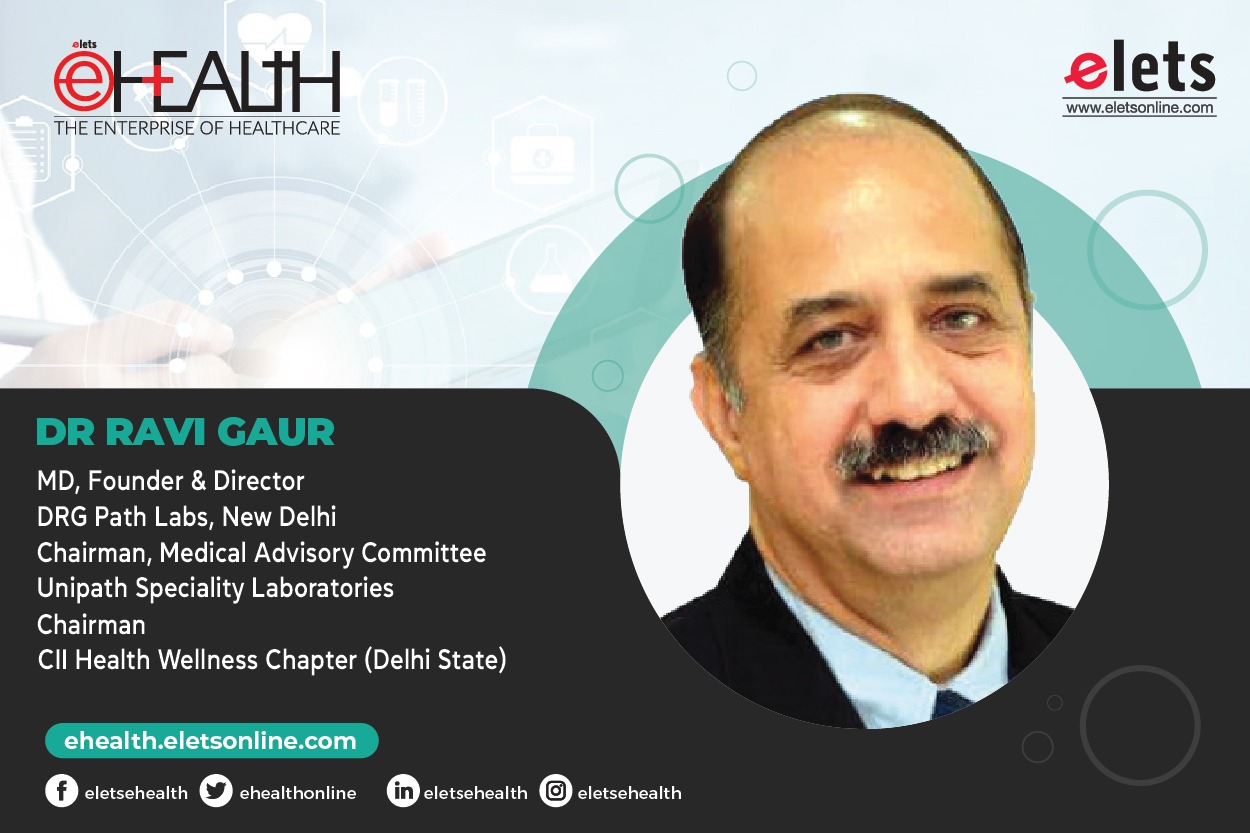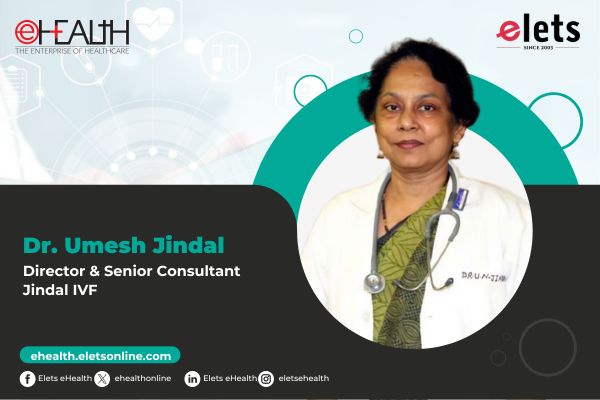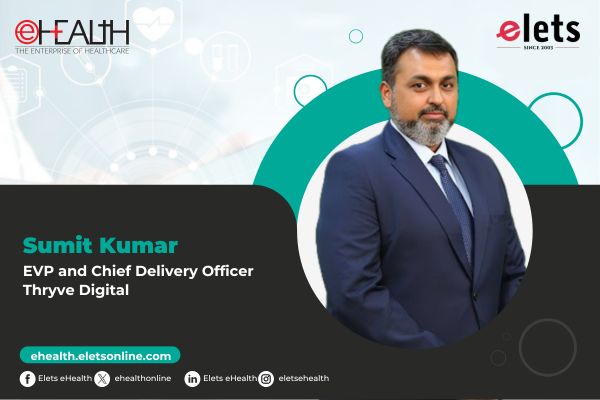
From policy to patients, and everything in between, the healthcare industry is constantly evolving. The requirement varies from place to place, from person to person at a rapid pace. Implementation and results have to be immediate, to save lives. Many factors are involved in executing and enforcing a change in healthcare delivery. Many layers of variance & authorities, regulations, strategy, and policymaking take time. It’s a complex and time-consuming process. In addition, the rapidly changing environment, ageing population, illness trends, resource distribution, and fast evolving technologies, add to the complexity of our healthcare system. Current healthcare systems do adopt innovations, but in a linear fashion — from laboratory to clinical trials, to clinical practice. However, they often fail to deliver desired outcomes, in spite of being successful in the laboratory or trials. Health systems represent a complex dynamic system and are not easy to understand. Thus its imperative to have a deeper understanding of the healthcare process.
The growing value of precision medicine and fast emerging technology-enabled solutions are affecting the entire healthcare delivery process. The providers need to adopt the new tools, as they are showing a positive impact on clinical outcomes and service delivery. Though change usually comes slowly, the Covid-19 pandemic has demonstrated that it is possible to rapidly retool our systems, if there is a strong enough stimulus.

A few of the major challenges in our healthcare systems include subpar quality, a strong focus on acute care, very little attention on prevention & community health, inadequate person-centeredness, and unsustainable cost. There is a need for transformation -transition from hospital-based systems to primary care and working out sustainable health models, for better clinical outcomes. The systems are seeing major shifts in the delivery models, propelled by digital health, growing consumerism, mounting financial constraints, and accelerated by Covid-19.

Our largest spending today is on hospitalisation, but it is expected that the care will move from bigger hospitals to the community, and at home in the coming decade. If we are to sustain health and prevent disease, we must focus on – predicting and preventing chronic illness, practicing healthy habits, consumer awareness, timely health checks, integrated electronic health records for developing AI-based alerts, and optimising the use of technology for affordability. Home care and telemedicine has shown promising results and is growing faster, not only because they improve outcome at a lower cost but also it is resulting in higher patient and family satisfaction.

Lab diagnostics has emerged as a nodal centre and pivot for better clinical outcomes. Quality driven, affordable, and seamlessly integrated point-of-care devices ( POCTs) are being used for quick results in emergencies and for on-site screenings. Automation, precise molecular/genetic testing and the availability of new biomarkers including liquid biopsies are driving personalised medicine to deliver customised health solutions and targeted therapies. New-age diagnostic technologies have improved our ability for early prediction, preventing acute complications of a chronic illness, and precise diagnosis & prognosis.

Today, healthcare technology trends are focusing heavily on patient empowerment. Consumer aspirations and expectations are growing. The introduction of wearable biometric devices, that provide patients with information about their own health and telemedicine apps, allows patients to easily access care, no matter where they live. With new technologies focused on monitoring, research, and healthcare availability, the patient is now playing a more active role in their care. With growing stress levels, and addressing wellness and well-being challenges, tele counselling will become easy and a norm, along with smart wearable implants.
The healthcare industry has to become person-centred, personalised, and more transparent. Today, most systems can’t consistently measure outcomes that matter to patients, and can’t improve their health related quality of life and overall function. But with better analytics and integration of data & machines, real-time monitoring is possible. The systems will not only become more transparent but will also facilitate better treatment plans and greater patient satisfaction.
The fruitful collaboration between the government and the private industry has to evolve and be an integral part of our delivery model. The providers also need to address the social determinants of health, including socioeconomic status, education, the environment, employment, and social support networks.
The healthcare workforce also needs to skill themselves with new technologies. Integrated medicine is emerging as a new specialty and will require new-age healthcare professionals. Alternate medical solutions, such as nurse practitioners, genetic counsellors, and health coaches, will be central to this shift. Future health systems need to be a constant learning system, aligned for continuous improvement and innovation, both incremental and disruptive, with best practices smoothly embedded in the delivery process and new knowledge captured as an integral by-product of the delivery experience.
Nanomedicine, sequencing, predictive genomic assays, nutrigenomics, functional medicine, holistic health solutions, and rapid infectious disease (viral/ bacterial /fungal) testing will be much more in demand. Healthcare providers need to equip themselves with all such new technologies and spend a bit more on research and validation, to ensure the best clinical outcomes. Needless to say, a strong focus on quality will become a must for survival.
With increasing life span, chronic health diseases (Noncommunicable and lifestyle disorders), will be the main focus, but we have to keep a strong eye on solutions for the growing menace of cancer, autoimmune and allergic disorders, neurological diseases, and rare diseases.
Whether you’re an entrepreneur, investor, or innovator, the opportunities for success in this industry are about to grow exponentially. And the timing couldn’t be better, as spending in this sector is increasing at a rapid rate.
A few of the biggest areas of opportunity that will drive real change are:
- Big Data and analytics
- Predicting patient needs
- Artificial Intelligence-based information
- Use of technologies such as computer vision and machine learning for improving research
- Easy exchange of medical records (EHR/Unique health ID)
These technologies will democratise access to information, treatment, and innovation. They will be a critical tool and a must for long-term growth strategy. Technology companies can help, create a more equitable society by developing solutions to improve healthcare performance and outcomes.
Automation, robotics, integrated POCTs, telemedicine, wearable devices, etc, will ensure that, “Remote doesn’t mean out of reach”. Smart autonomous devices, nursing robots, or self-moving smart devices can greatly facilitate and support medical staff by reducing their infection/ medical waste/ supply management, etc chores.
Affordability is an important challenge. Ayushman Bharat -a wide-scale healthcare program is a government-led health insurance fund, that provides healthcare to millions of individuals who cannot even afford primary healthcare costs. The country needs many such programmes to ensure health for all. The Indian healthcare system needs to boost medical expenditure to make healthcare accessible and affordable.
Max Depree said, “We cannot become what we want, by remaining what we are.”
Healthcare providers need to change for the better health of the nation. We have no option but to be alert and ready for the change!
Views expressed by: Dr Ravi Gaur, MD, Founder & Director DRG Path Labs, New Delhi, Chairman, Medical Advisory Committee Unipath Speciality Laboratories, Chairman, CII Health Wellness Chapter (Delhi State)
Be a part of Elets Collaborative Initiatives. Join Us for Upcoming Events and explore business opportunities. Like us on Facebook , connect with us on LinkedIn and follow us on Twitter , Instagram.
"Exciting news! Elets technomedia is now on WhatsApp Channels Subscribe today by clicking the link and stay updated with the latest insights!" Click here!
















